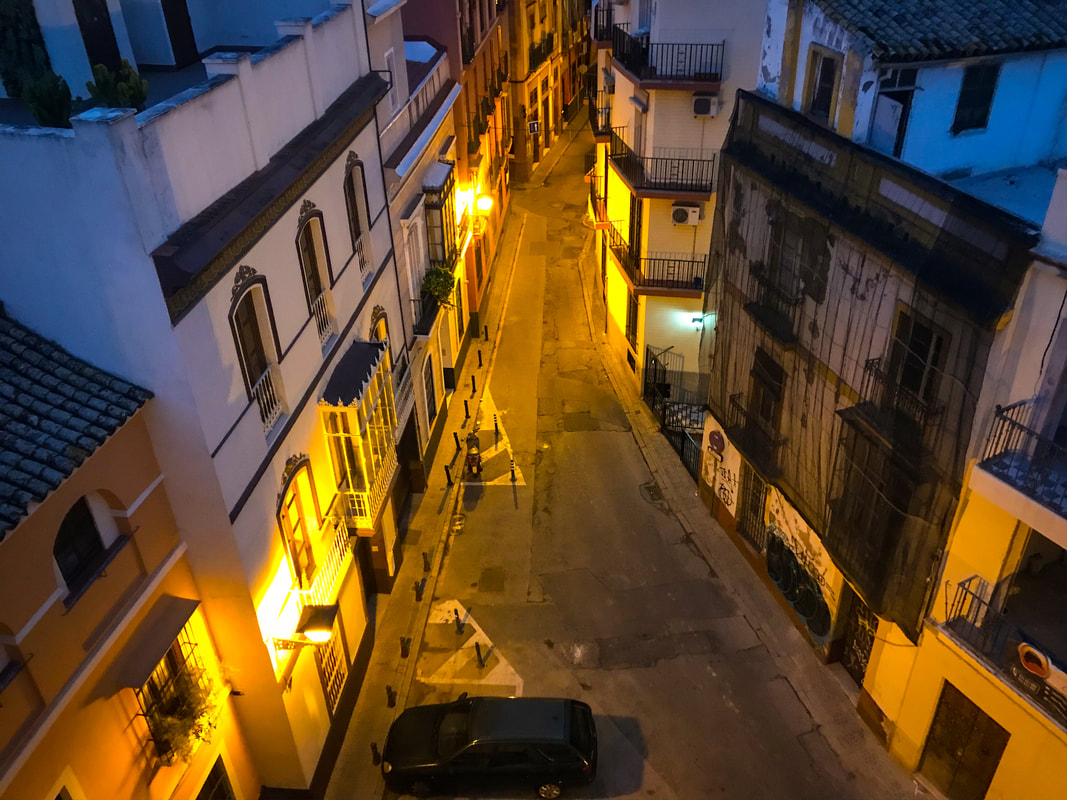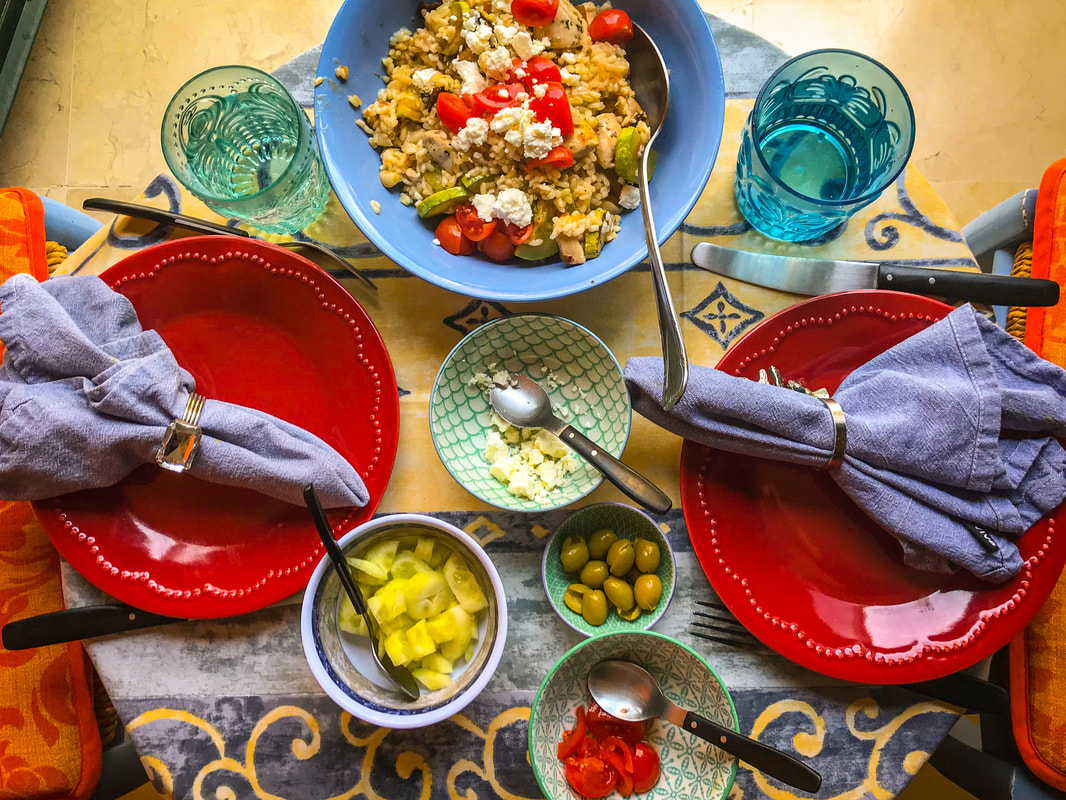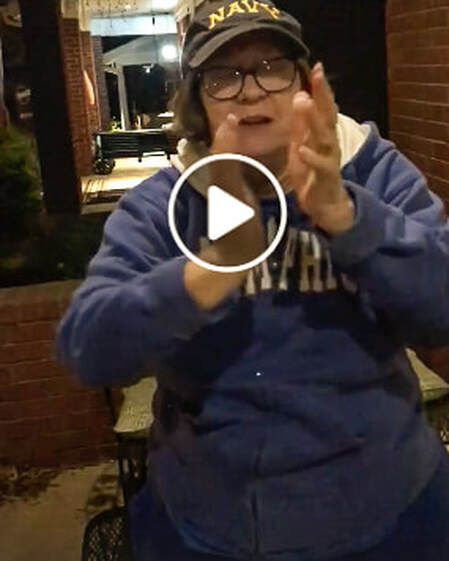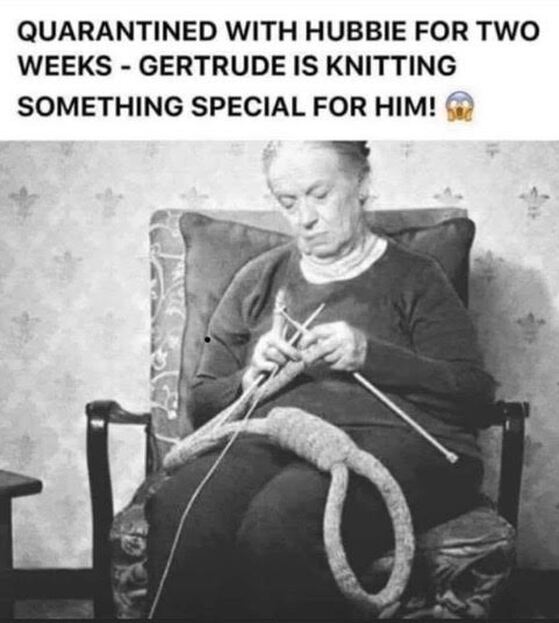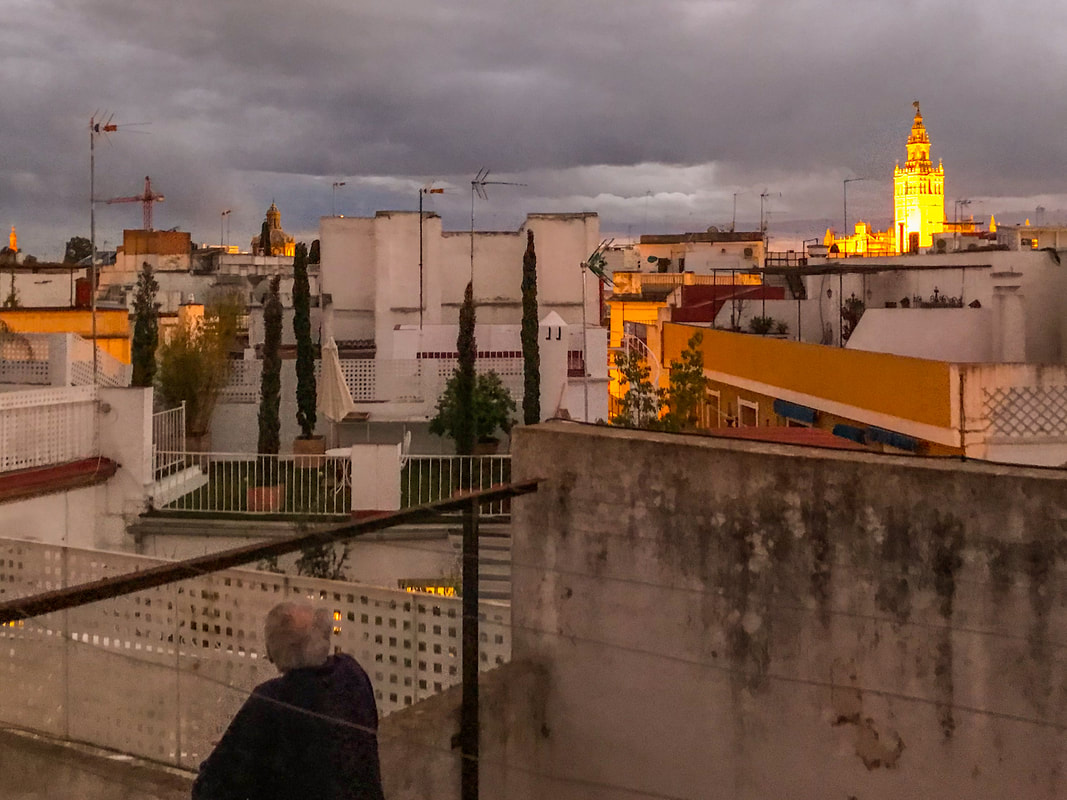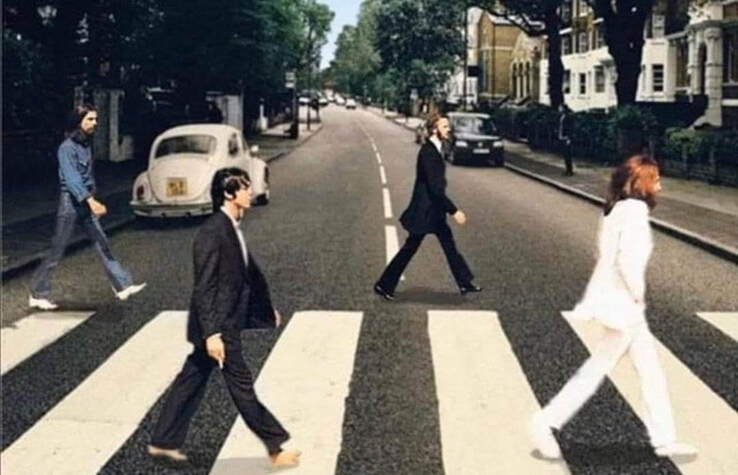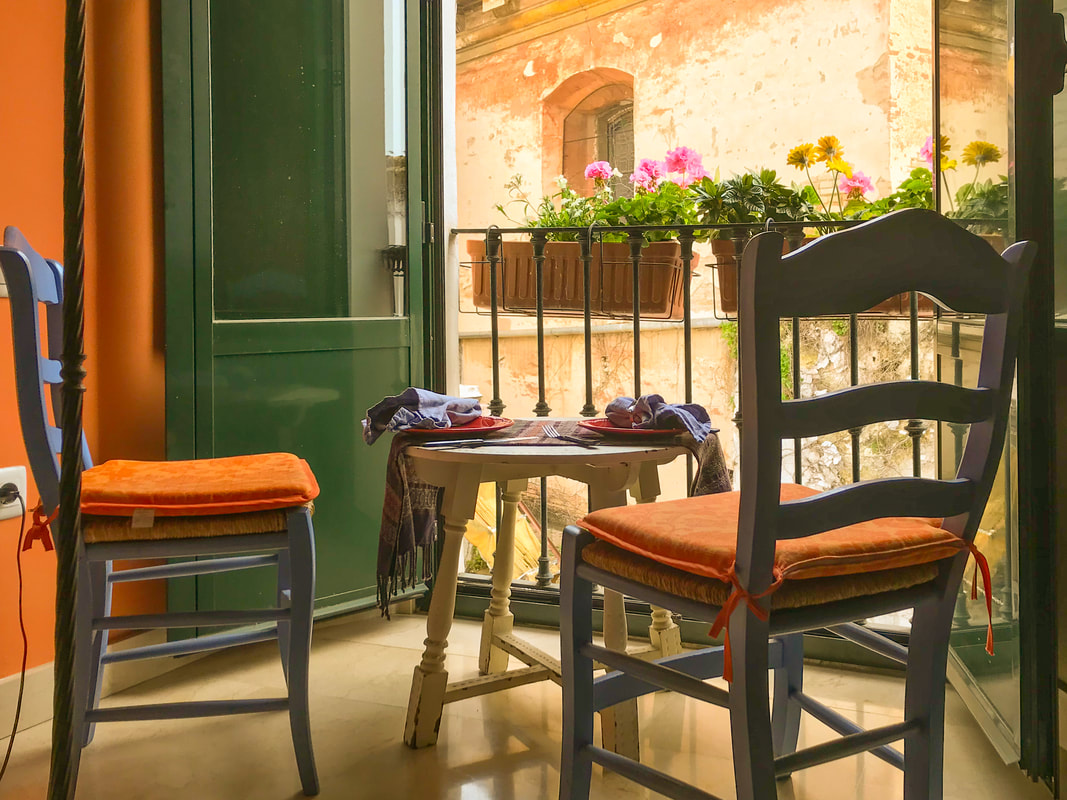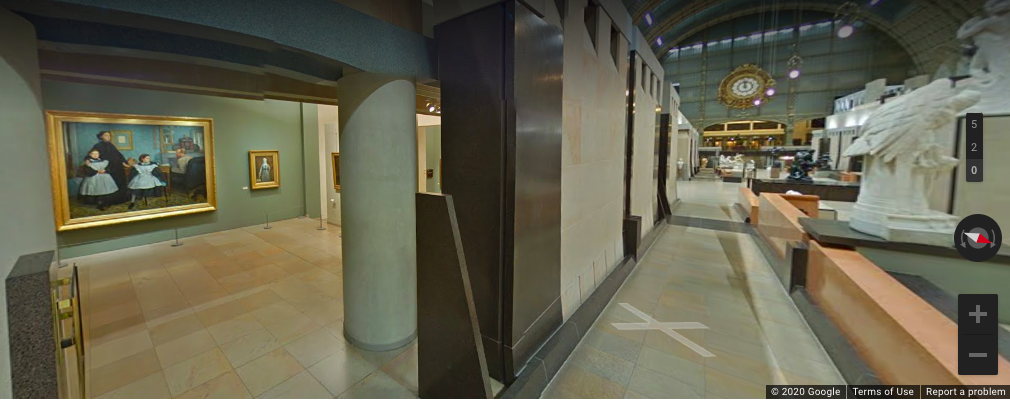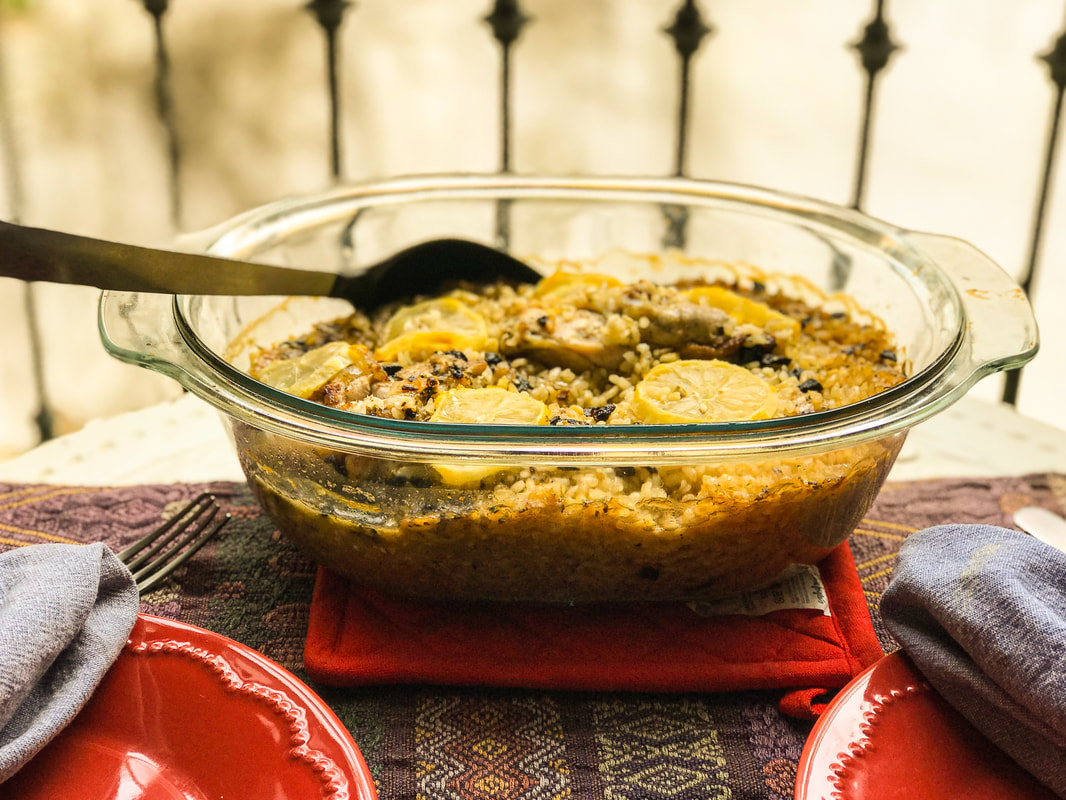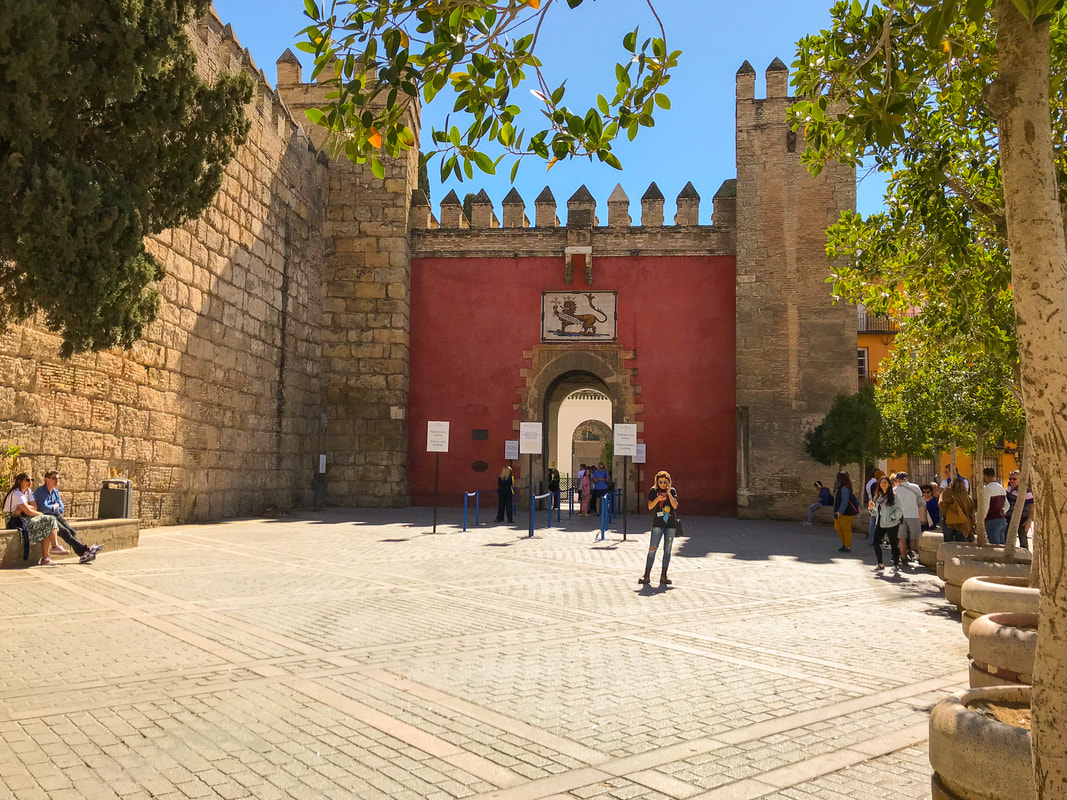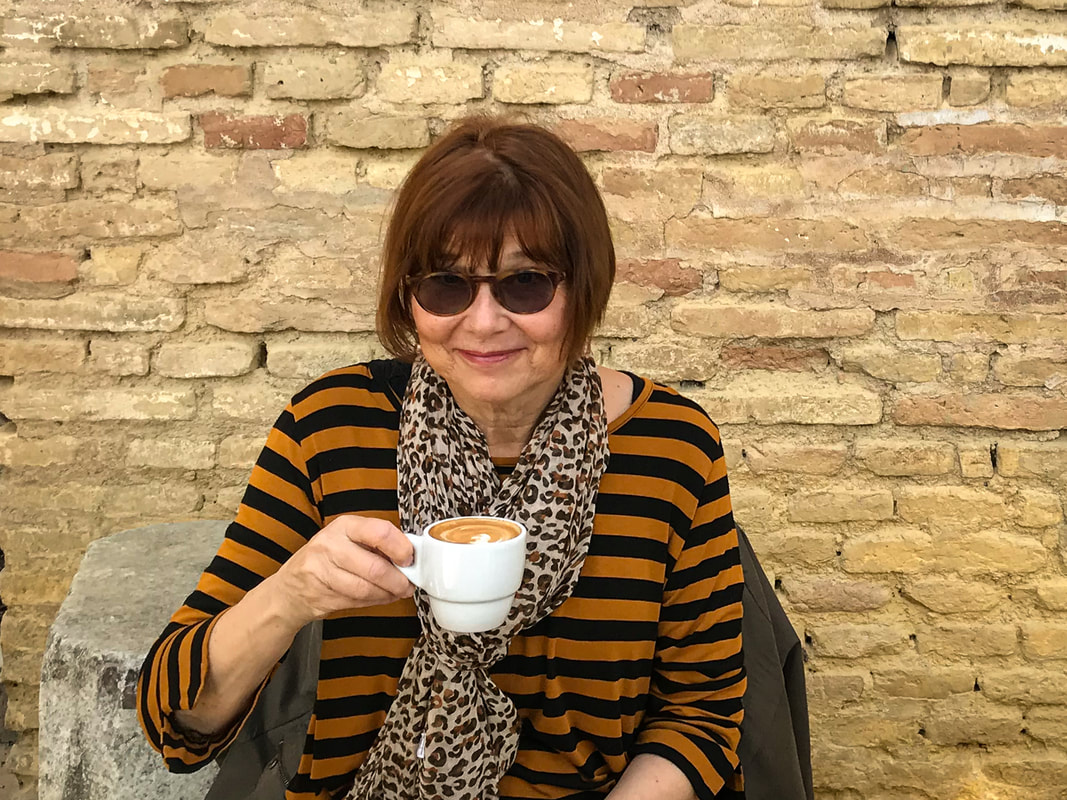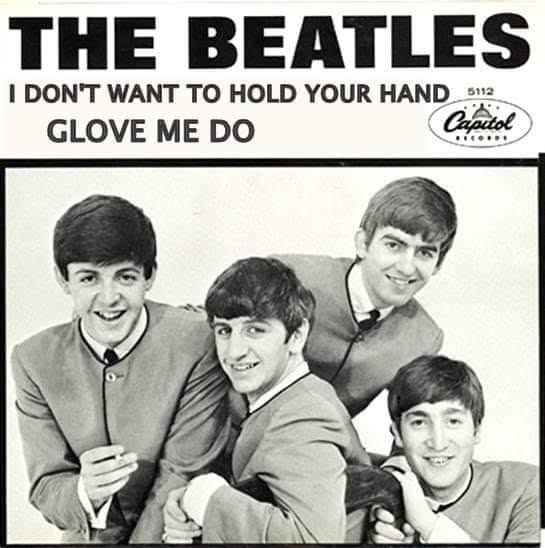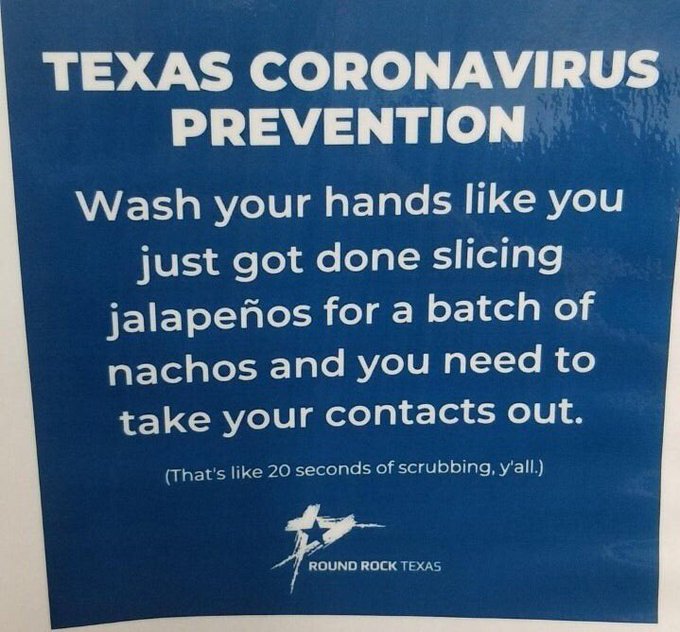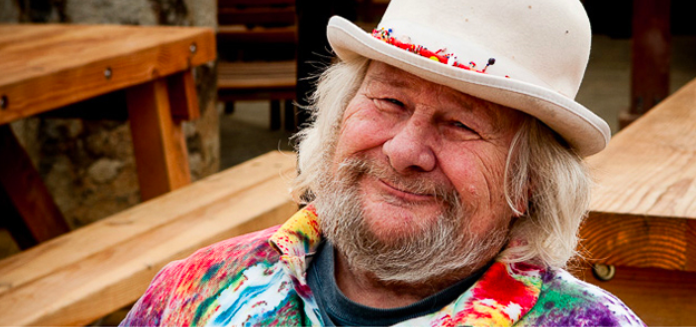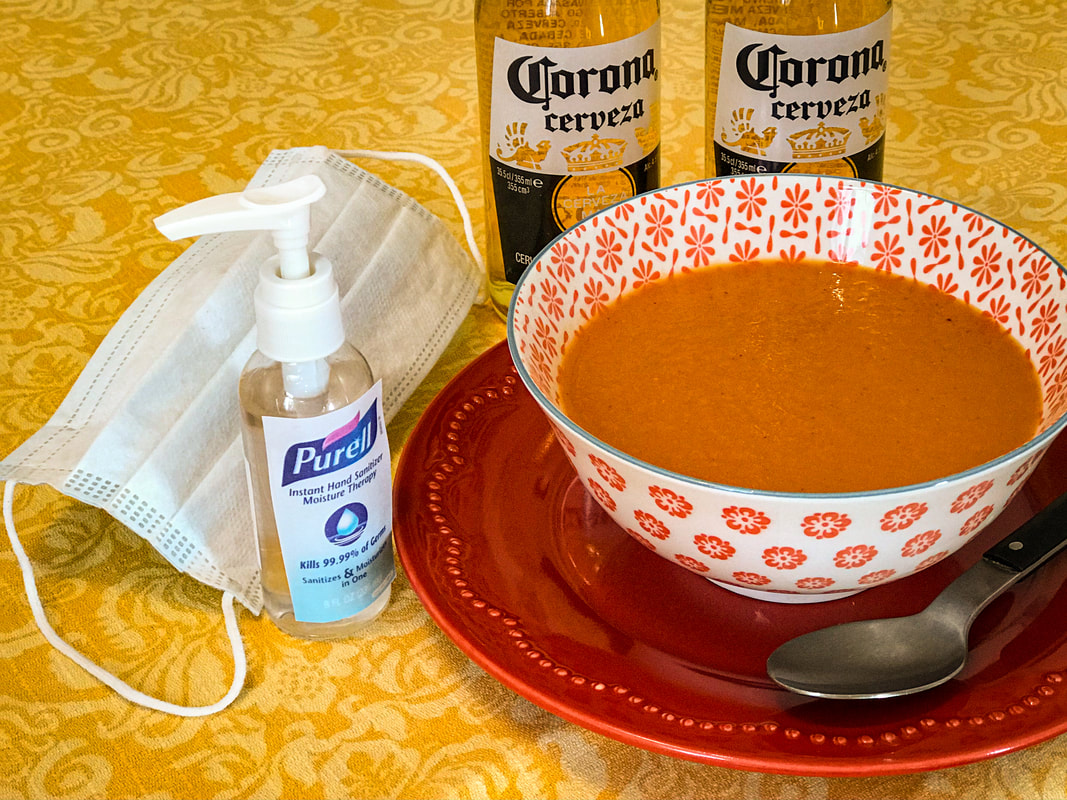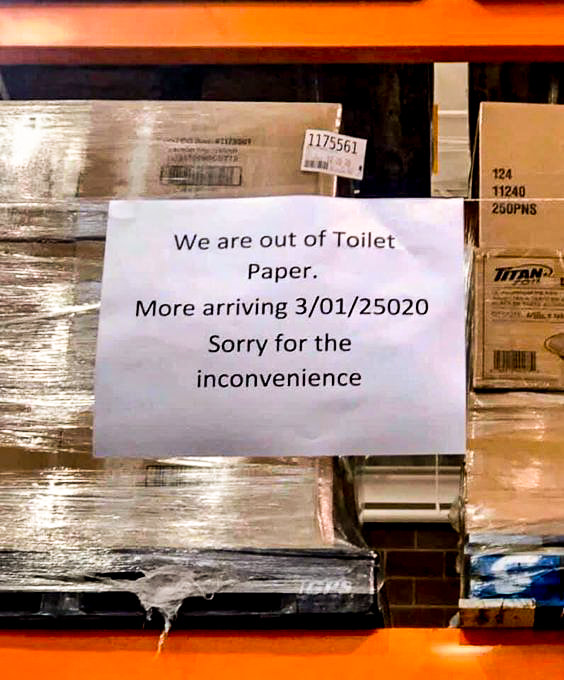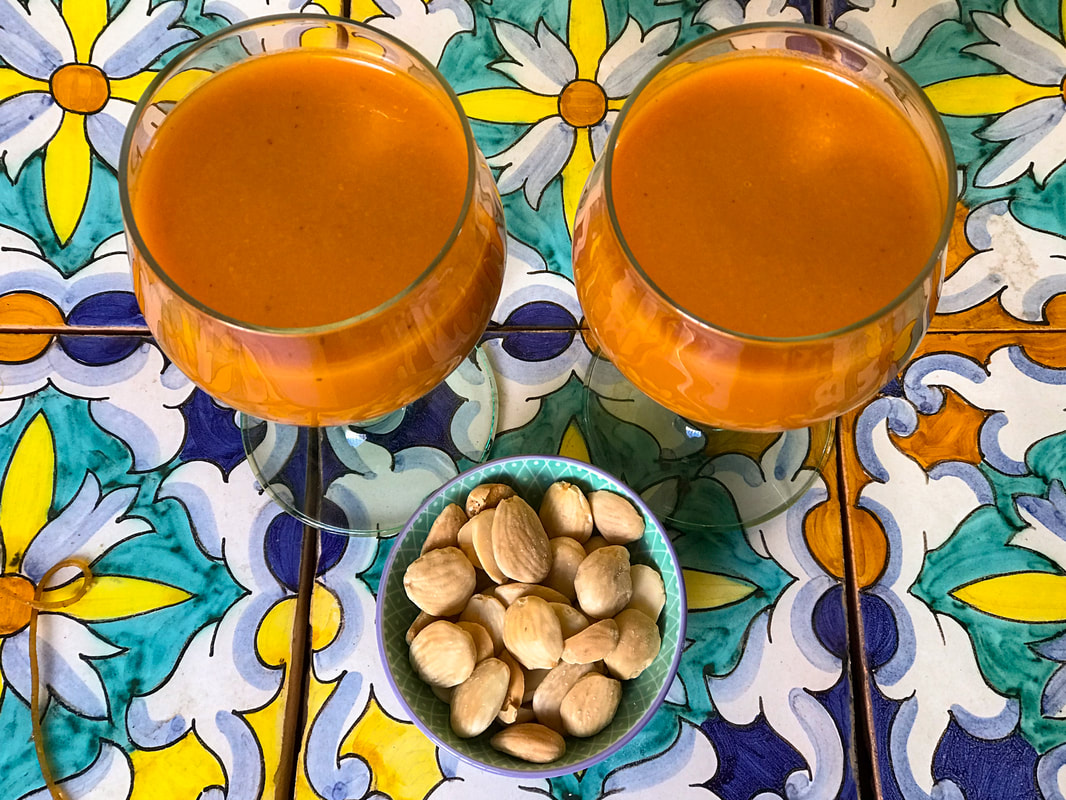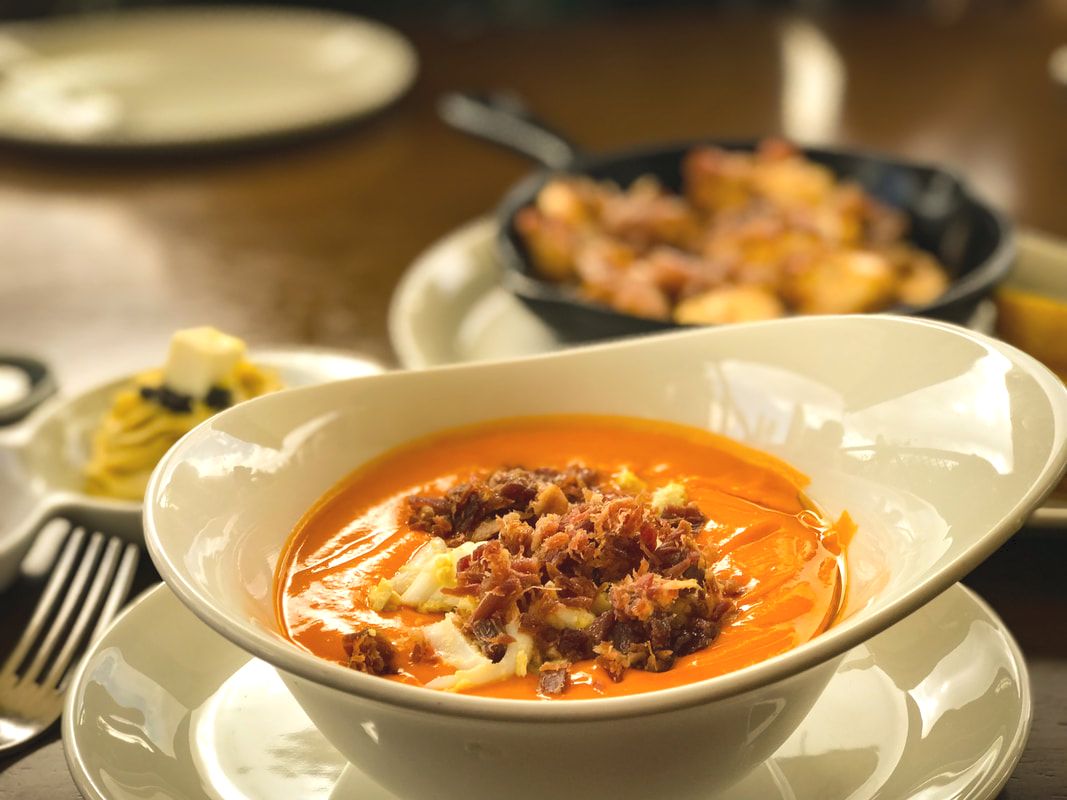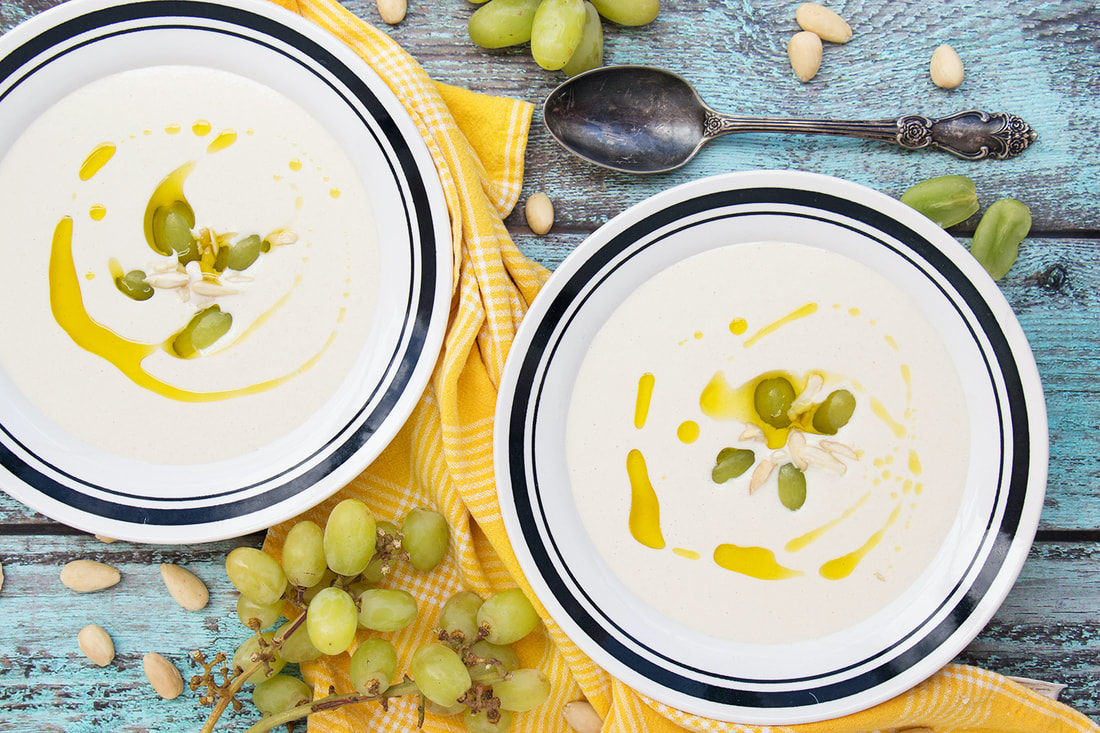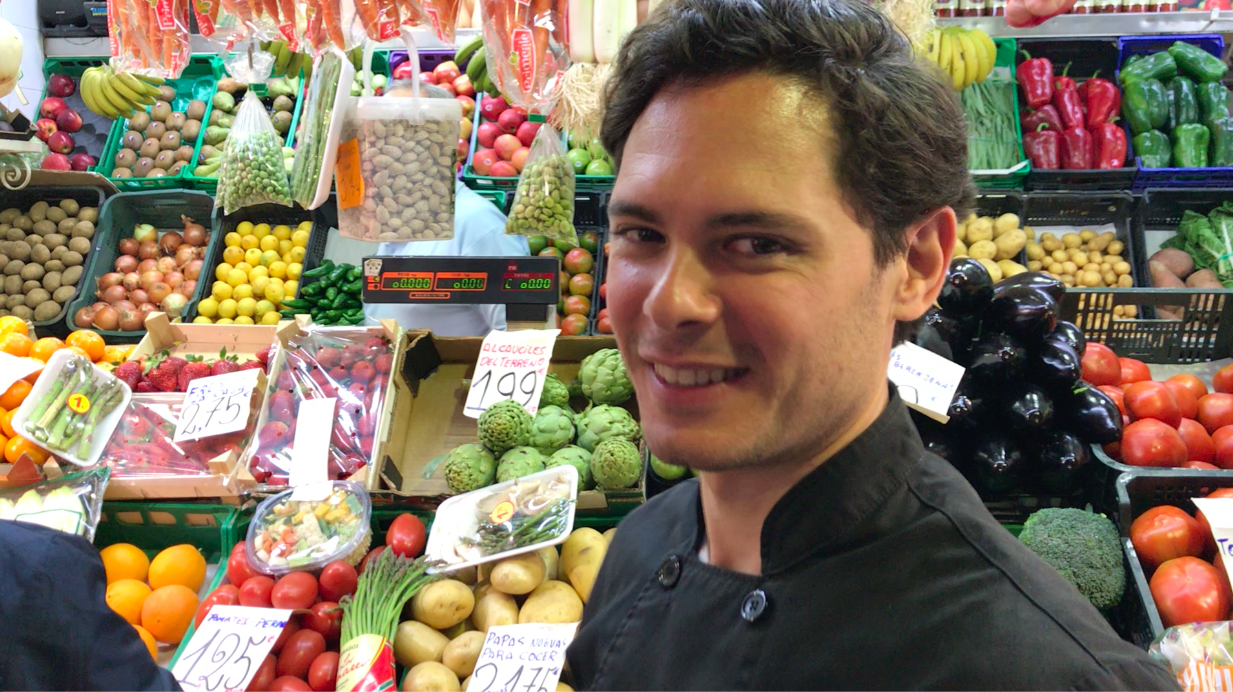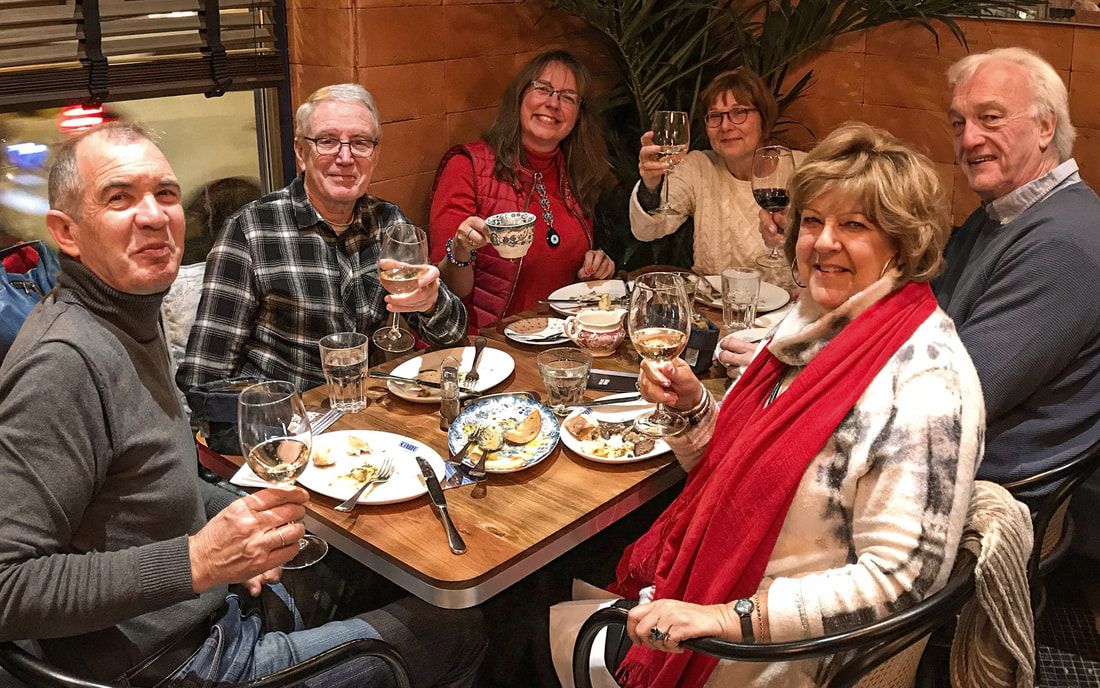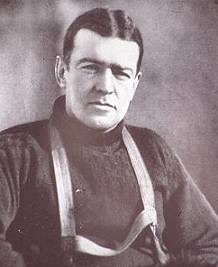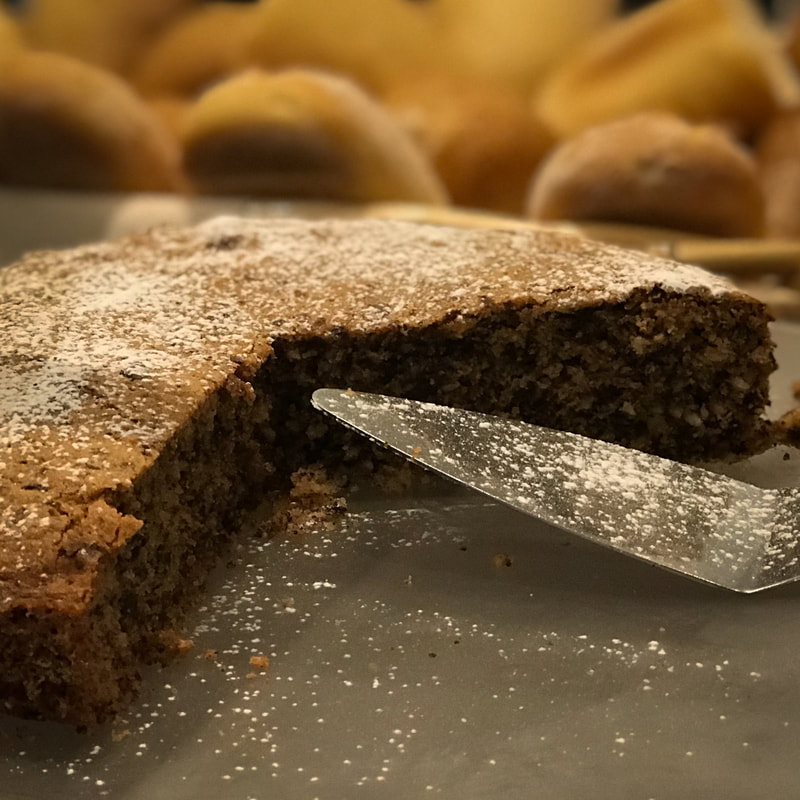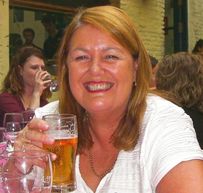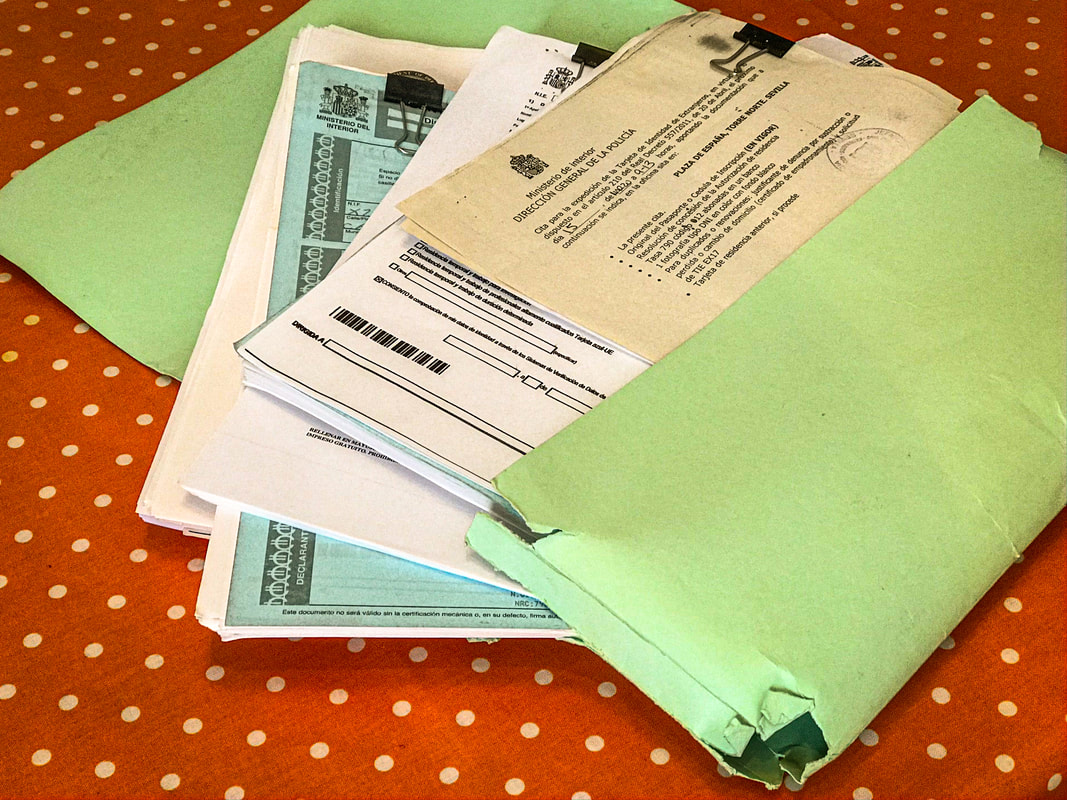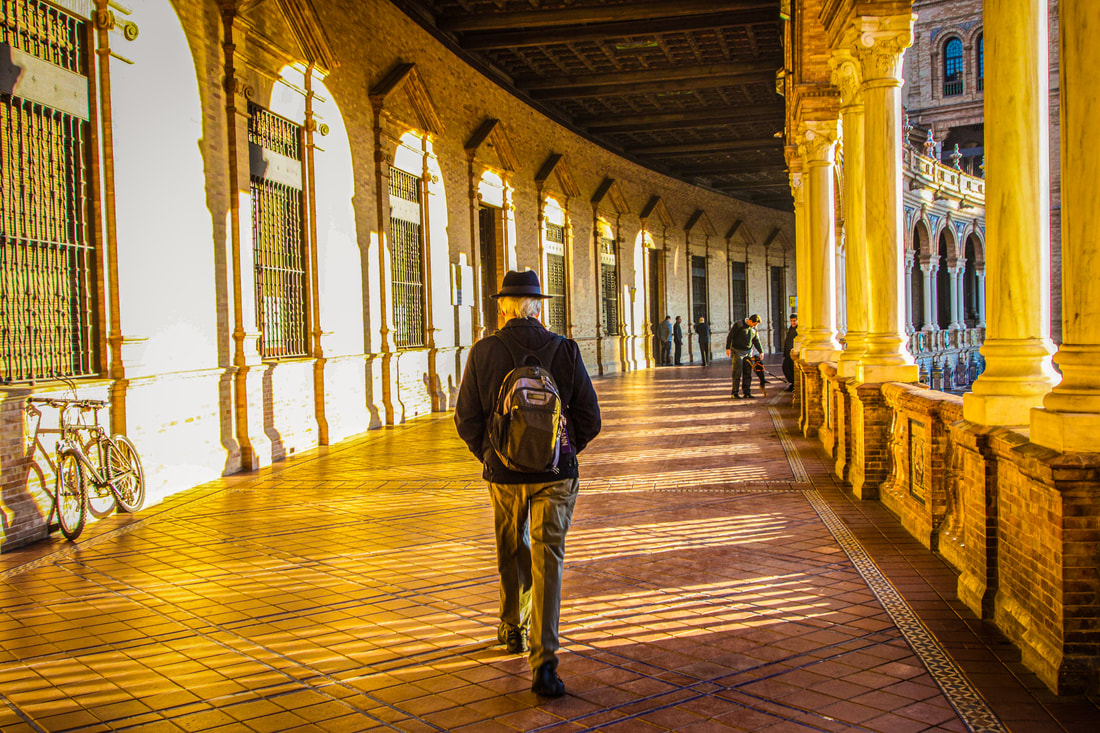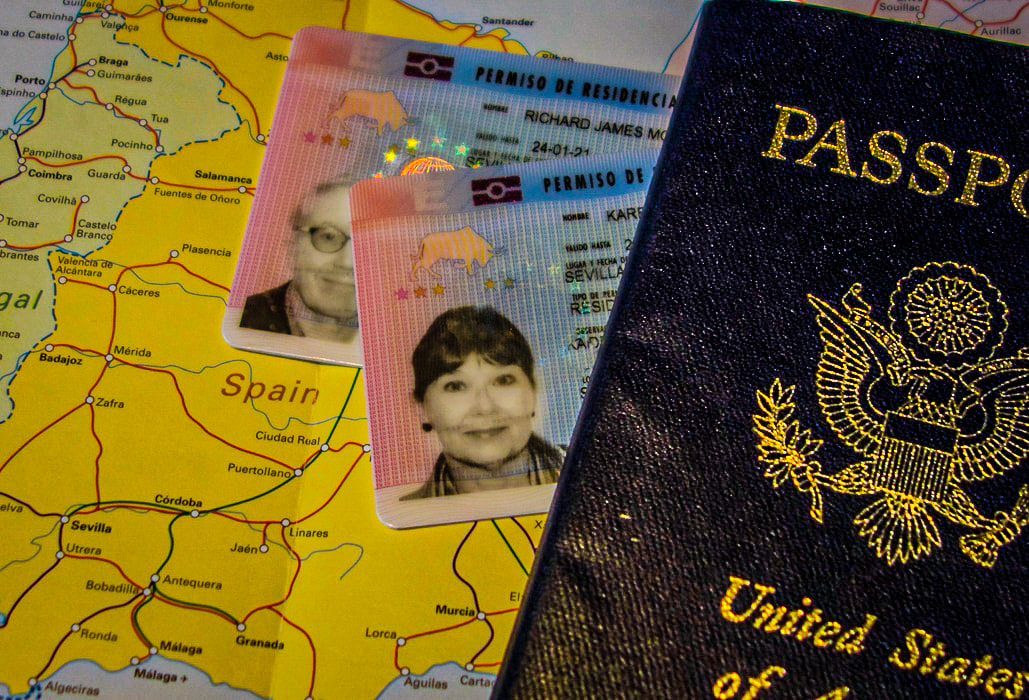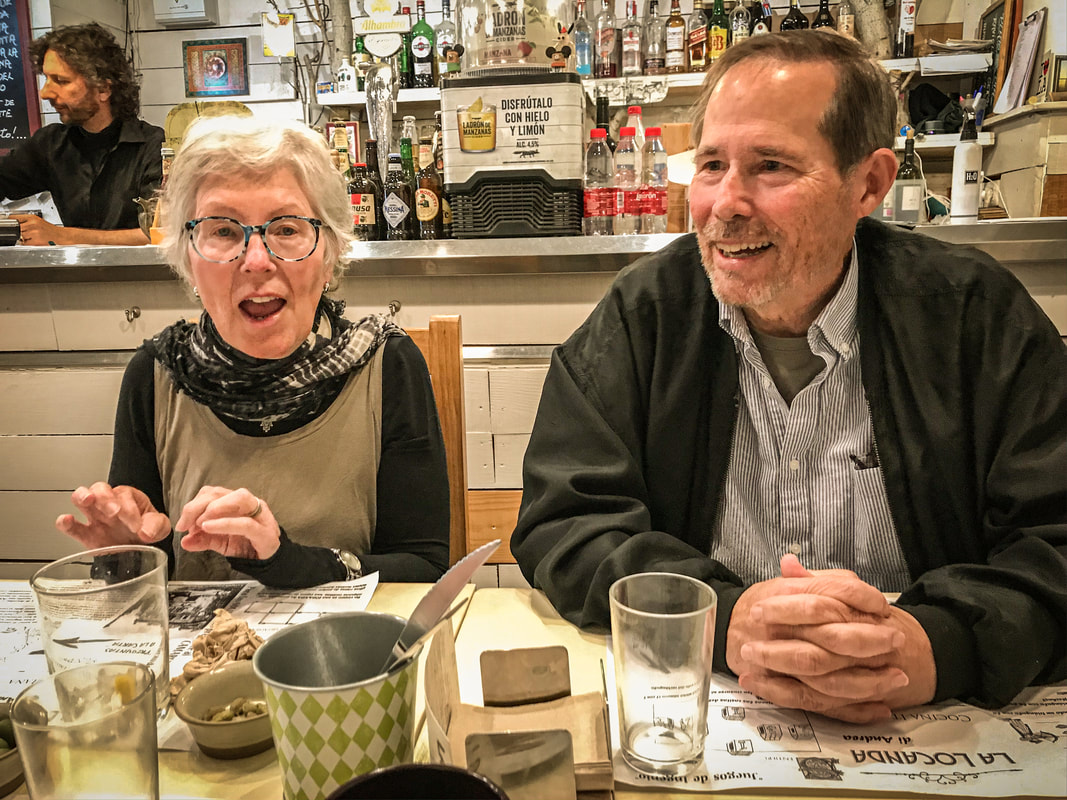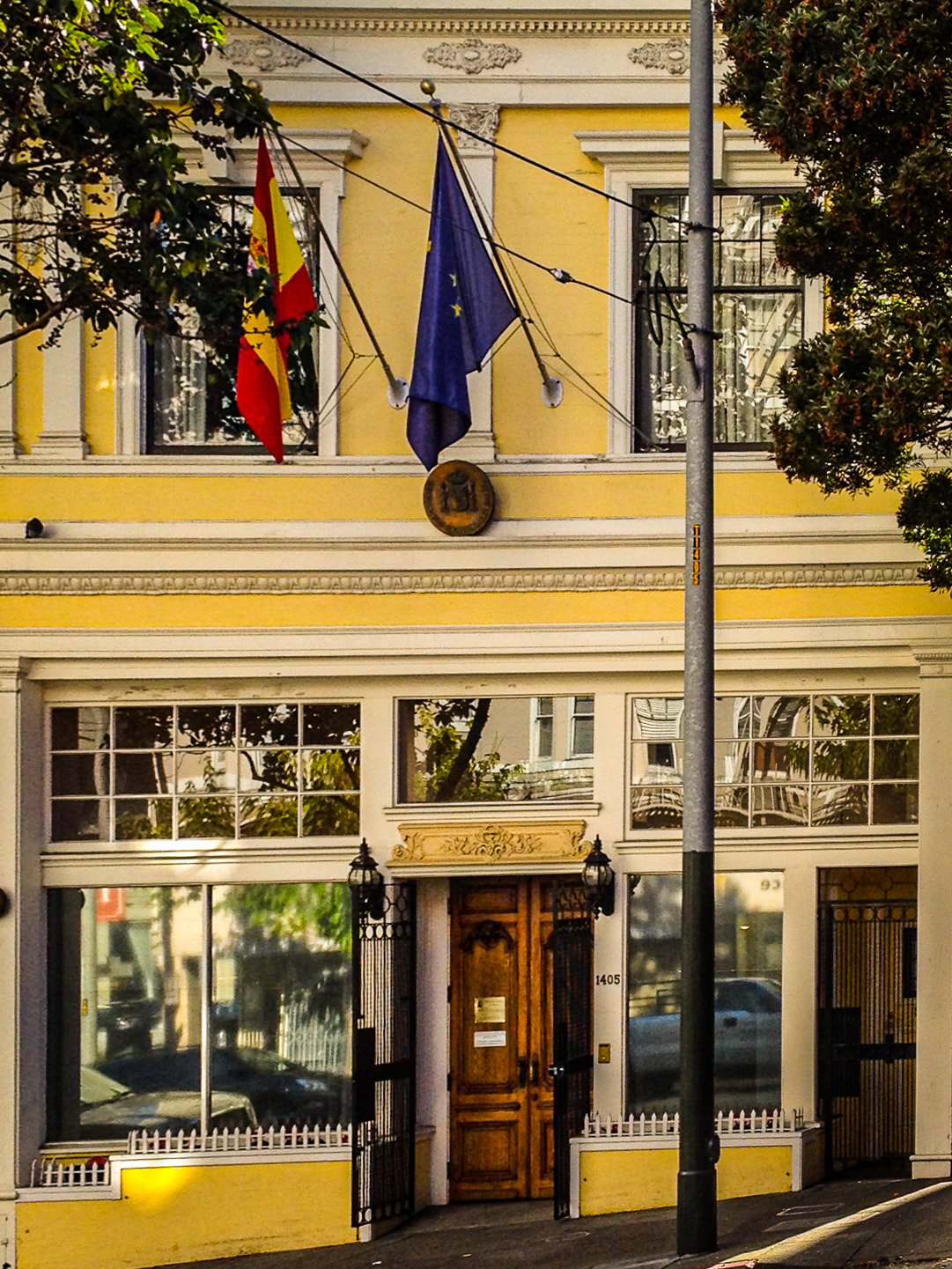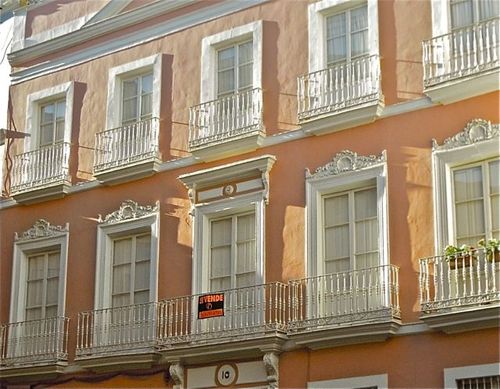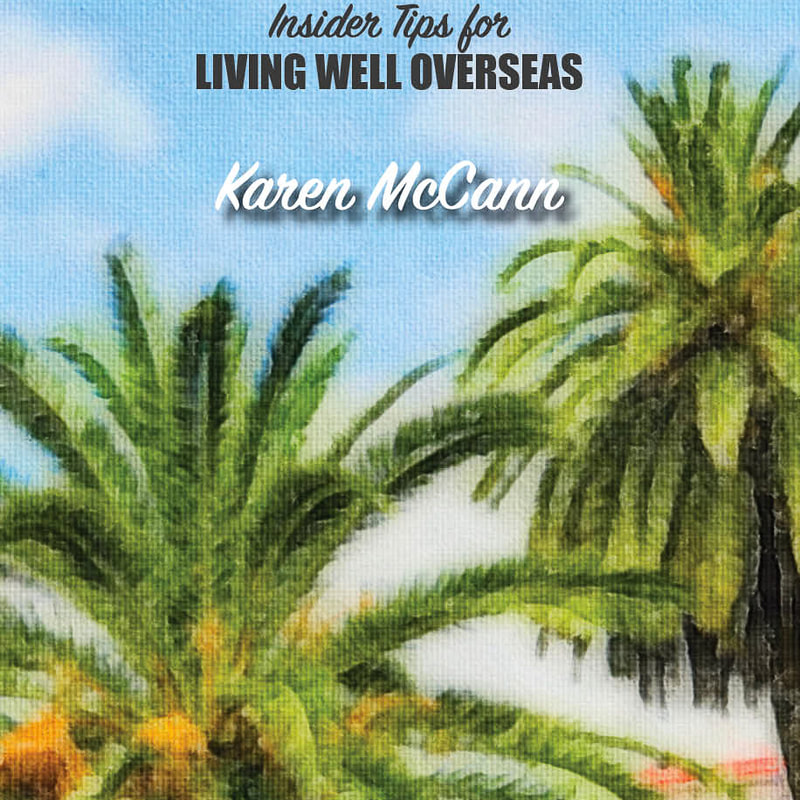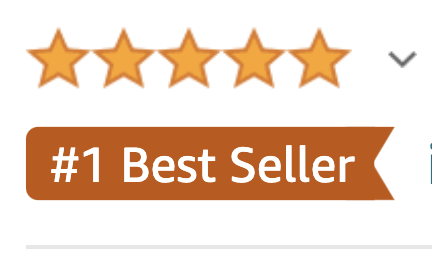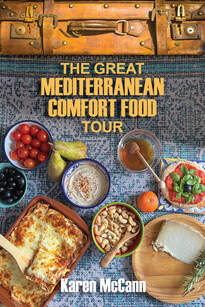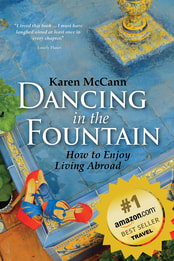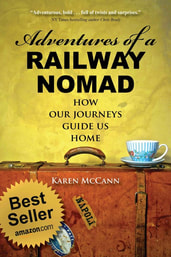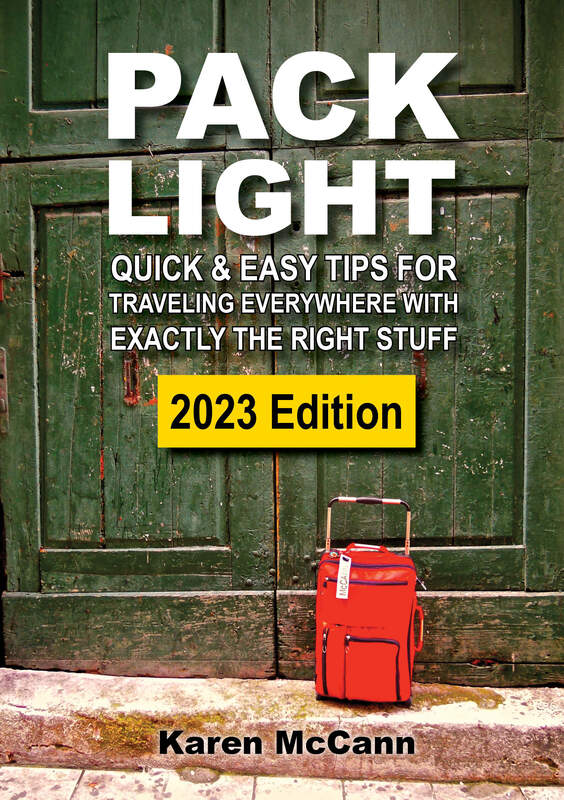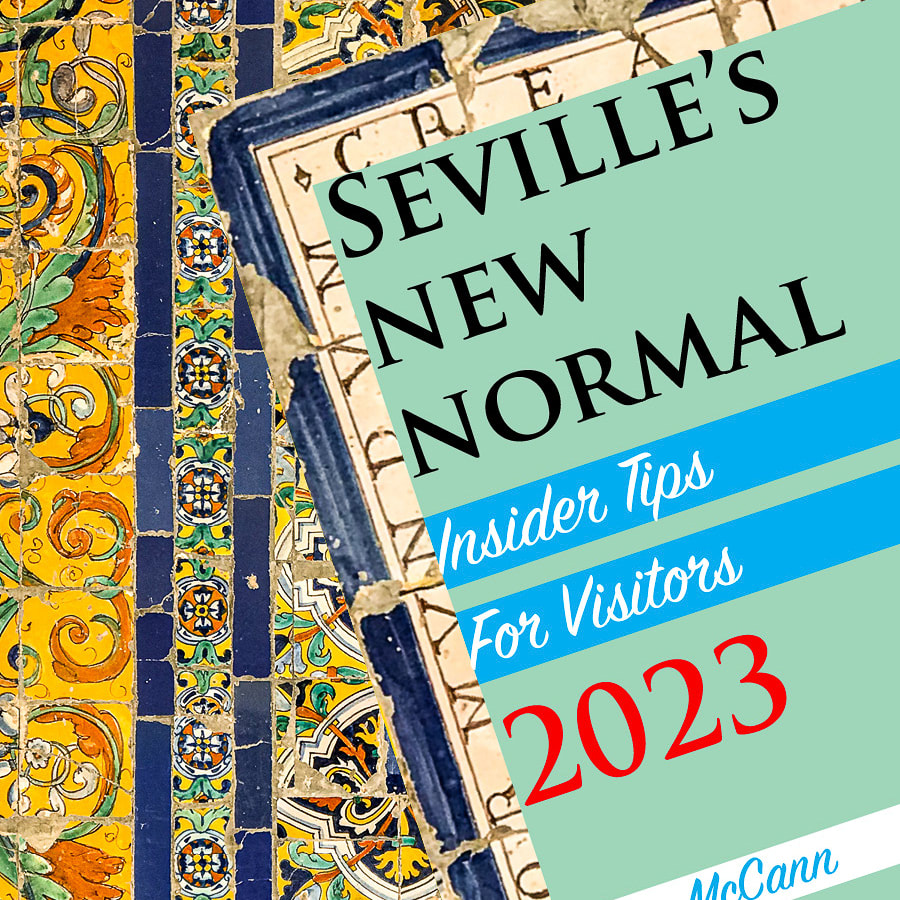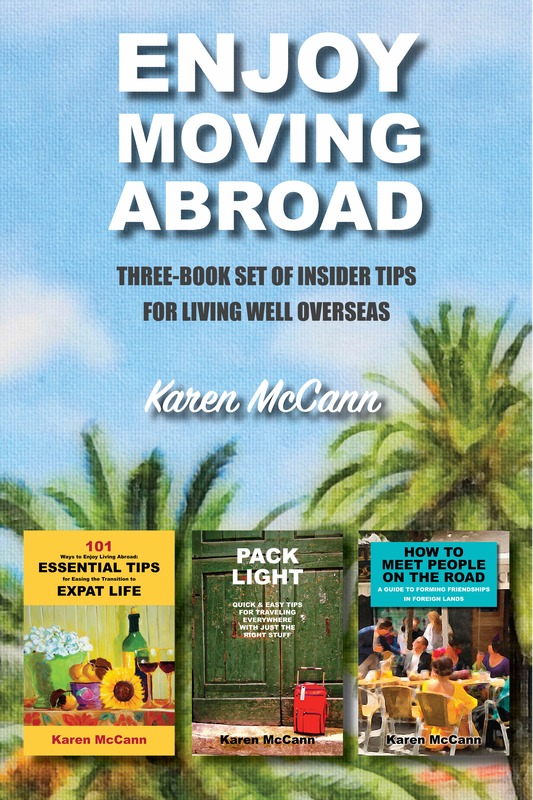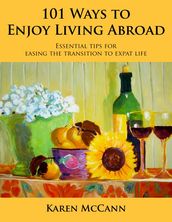|
Now that a run to the store has become an act of death-defying bravery, I made sure to send my grocery warrior out into the streets yesterday in full protective gear. Rich was swathed from head to foot in pestilence-baffling layers and wore our precious, next-to-last pair of latex gloves — washed VERY thoroughly after my food shopping expedition last week, the tiny rip in the thumb meticulously mended with duct tape. Here in Europe, we are taking this virus very, very seriously. You may have seen footage of the Italian mayors, who are using ever more colorful language to convince their headstrong constituents to honor the quarantine — or else! It never gets old. Here’s one from the Guardian staff, who carefully cleaned up the translations to avoid offending sensitive readers, while maintaining the I’m-coming-for-you-with-a-flamethrower attitude. My favorite scenes are the ones where the mayors personally chastise scofflaws, because something like this happened to me the day before lockdown became official here in Seville. Rich and I were headed out for one last, long walk, but first we met up briefly with my brother Mike and his wife, Deb, to make sure they had everything they needed and wish them luck. We were standing a careful six feet apart in Plaza de la Alfalfa when an older Spanish man walked up to us. “You shouldn’t be out here," he said. "It’s dangerous. Get off the streets. Get off the streets now! Go back indoors and stay there! You aren’t safe here!” He couldn’t have sounded more urgent if flesh-eating zombies were coming over the city walls. Gadzooks! Suddenly being out and about didn’t seem like fun anymore. In fact, it felt foolish and irresponsible. Rich and I went directly home and have basically been there ever since. But that doesn’t mean we aren’t leading a full and interesting life. Our calendar is jammed with virtual morning coffees, virtual happy hours, virtual dinners, and other online fun. Talking on Zoom seems to minimize awkward pauses and jerkiness (in the technology, that is, not the conversation), but we also use FaceTime, Google Hangouts, and Skype. I haven’t even had time to explore Delish’s new How to Throw A Virtual Dinner Party page, or Netflix Party, which lets you and remote friends watch the same movie or TV show and enjoy a live chat throughout it. To be honest, I’m not entirely convinced I want to be distracted during peak moments by my pals typing, “Hey, isn’t that the guy we saw in … in … no wait, it’ll come to me. You know, the one with the thing. The one about the guy with the thing.” And now there’s Festiv(ir)us. One of Deb’s in-laws is a fan of Seinfeld and the holiday created by George Costanza’s father: “Festivus for the rest of us,” featuring an aluminum pole and feats of strength. Deb’s family is gathering soon for an updated version they’re calling Festiv(ir)us, a festival for those in quarantine. I love this idea and have enlisted a congenial California couple to give it a go tonight. You pick a theme — NOT one associated with the pandemic! — and come up with costumes, decorations, and activities. “We’re in,” my friend Kathryn replied to the invitation. “But some consideration please that we are in Tucson with limited wardrobe options and closed stores!” I confess that I’d overlooked the fact that she and Pete were out of town when the pandemic hit. But they are legendary for their creativity, so I have no doubt they will come up with something. I can’t wait to see what. As you can imagine, I’m cooking a lot these days, mostly comfort foods such as granola, One-Pot Creamy Smoked Salmon Pasta with Spinach, Greek Gyro Skillet, and Skinny Oatmeal Chocolate Chip Cookies (which are much yummier than they sound!). Luckily I discovered a recipe for the modestly named World’s Best No-Yeast Irish Soda Bread; it’s quick and easy to make, has the flavor and texture of “real” bread, and eliminates hazardous expeditions to the store when all you need is a loaf of bread. For a real change of pace, Stefania — a talented cook from Parma I met on our Mediterranean Comfort Food Tour — is offering private online Italian cooking courses. Buon appetito! My days are astonishingly full, but I always stop at 8:00 o’clock to applaud the heroic healthcare community, including all the service and support people. My friend Ann wrote in a comment on last week post, “I work at a nursing home locally and transport three residents to dialysis six days a week. I do everything I can to keep them and myself safe during this difficult time.” Ann, and countless others like her, are risking their lives on the front lines every day, and God only knows where we’d be without them. You’ll be glad to hear communal nightly clapping is beginning to catch on, cropping up in Atlanta, Georgia; San Anselmo and Mill Valley, California; Vancouver, Canada; and elsewhere. And some brave souls are going it alone. Catherine wrote me that reading my blog about Spain applauding healthcare workers inspired her to launch a one-woman nightly ovation on her front porch in Memphis. In Seville, the clapping grows louder each night as more neighbors join in; occasionally I hear snatches of music. My brother Mike, who is taking delivery of a new guitar today, says he plans to join in. “As soon as the clapping stops, I’ll pull a chair out into the street in front of our apartment building and play.” I only wish I lived close enough to hear him. How much longer will the quarantine be in effect? Weeks, possibly months. And I have come to terms with that. Yes, I long for the day when I can walk in the sunshine. Go out with friends. Shop without head-to-toe protective gear. Visit my home state of California (where I was scheduled to fly today). Wash my hands without singing Zip-a-De-Do Dah for twenty seconds. But much as I want all those things, the cost is simply too high; I can’t justify risking human lives for a more pleasurable daily routine. Anne Frank spent 761 days in a secret annex, with little to eat, constant fear of discovery, and (horrors!) no Internet. I think we can step up to the challenge of spending too much time on the couch scrolling through Netflix trying to find something we haven’t seen yet. Staying home isn’t easy. It creates a profoundly disturbing disruption in our lives, in many cases daunting economic hardship, and often an excess of togetherness that gets on everyone's nerves. But if you’ve ever wondered whether you had it in you to be a hero, to do something to help save the human race, now’s your chance to find out. Staying home for weeks or months takes grit and fortitude, but most of all, it requires clarity of purpose. When you consider that the first life you save could be your mom’s, your kid’s, or your own — or mine for that matter! — it becomes a lot easier to do the right thing. Good luck, my friends. Let me know how you’re doing, whether there’s anyone clapping in your area, and what you’re finding to help you stay (reasonably) sane in these crazy circumstances.
16 Comments
One of the biggest stunners in this whole global catastrophe is how well the Spanish are managing it. Government directives are clear, sensible, and consistent. Here in Seville, a city known for its die-hard scofflaws, there’s wholehearted compliance with the quarantine. And across the nation, every evening people go to their balcony, window, or rooftop to give a three-minute standing ovation for the healthcare workers risking their lives for us all. It’s a time of physical distancing but emotional solidarity. Seville went into quarantine with astonishing speed. One day people were out drinking and slapping each other on the back in crowded bars, the next, everyone was hunkered down inside their apartment. I don’t know who wrote Spain’s lockdown regulations, but they ought to be nominated for a Pulitzer; the wording didn’t cause outright panic yet was powerful enough to make every man, woman, and child go inside and stay there — two days before the official start of lockdown. Overnight everyone knew about the only authorized reasons for leaving home and the 100 euro fine for cheating. You were allowed out to walk your dog or to visit the grocery store, pharmacy, tobacco shop, bank, or hairdresser. Yes, that’s right, your hairdresser. The logic was that elderly ladies who can no longer shampoo or manage their own hair would need professional assistance. Sadly (although sensibly) hairdressing salons have now been removed from the list due to being potential virus vectors. Bummer! Yesterday I actually had to trim my own bangs. Quarantine; it’s the little things that get you. So how are we supposed to keep our mental and spiritual equilibrium while walking a tightrope of anxiety and juggling changes to every aspect of our lives? How can we live with social isolation while experiencing what, for some, may be a bit too much togetherness with our nearest and dearest? “We have already started to fight,” a Spaniard with three teenagers in the house told Rich in an email on Day 1. “7 hours together is already a long period of time.” “Yikes! What’s he going to do in the long term?” I said, when Rich read this aloud. “I guess we’re all going to have to work on some strategies.” Mine are a still in progress, but this is what I’ve got so far. Resist the temptation to binge-watch the news. I know, it’s hard to turn your gaze away from this ongoing global train wreck, but I find if I check in mornings and evenings, I can usually keep up with vital news while avoiding excessive spikes in my anxiety level. And if anything really exciting happens in between, like they come up with a vaccine or aliens arrive from outer space, no doubt I’ll hear about it soon enough. If you have money in the stock market, avoid making constant calculations of how much you’ve lost. Yes, you need to keep an eye on your finances and make decisions, but starting every conversation with “Want to know how much less we’re worth now than we were at breakfast?” is not going to elevate the mood around the house. Exercise. Right now my Stairmaster (and by that I mean a small cheap knockoff) is in daily use, with lighthearted action moves keeping me motivated. Rich and I have worked out a rotation schedule for sharing it. Occasionally we climb up to the roof, and even more rarely, one of us ventures out to the market for supplies. Get some sunlight. Lawrence Palinkas, who conducts research in the Antarctic, says, “When exposed to restricted light and limited environmental stimuli, the brain slows down to conserve energy… You may find people essentially dropping out of conversations. They refer to it as ‘the Antarctic stare.’” To avoid that fate, Rich and I have started taking meals by a sunny window and are exploring slighty more substantive entertainment options. Discover something new. Rich found an article with links to virtual tours of some of the world’s greatest museums. Unfortunately I am terrible at this kind of navigation. I had the dizzying sensation of lurching past distorted images of great masters and slamming up against a wall, from which I extricated myself with some difficulty, only to do it all again. It was rather like visiting the Musée d’Orsay roaring drunk. Other options we’re looking at include free online university courses, TED Talks, and a night at the opera with the Met. For more, here’s a long list of entertainment and learning options compiled by the NY Times. Choose your entertainment thoughtfully. It’s important to stay sharp, but you don’t want to get even more edgy. Personally I’m avoiding Outbreak, Contagion, and Pandemic like, well, the plague. Instead, I’m diving into thrillers and mysteries, such as Vera and Line of Duty, that don’t happen to involve a virus taking over the earth. To end the evening on a lighter note, we sit back and enjoy the comic genius of Dawn French as The Vicar of Dibley. These are all Amazon titles, as the connection with Netflix is currently overwhelmed around here, causing interruptions. We’re hoping that gets sorted out soon. Find a daily structure that works for you. My sister has created a full daily schedule, to which she hopes to add learning to paint and make bread, plus a film-study program on Martin Scorsese. Her recently retired husband, on the other hand, is reveling in utterly unstructured time. You’ll want to discuss preferences with your quarantine companion(s), if only to sort out how to share the Stairmaster and organize movies and meals. Make great food. For once, you have plenty of time to spend in the kitchen, and the Internet is loaded with fabulous recipes. For a start, check out some of the comfort food recipes on this site. I'm trying not to stress-binge on carbs, so I'm looking at somewhat healthier options, like the One Pan Greek Lemon Chicken and Rice that Rich and I made for lunch today. Be kind to yourself. You’re living in unprecedented and stressful circumstances, so cut yourself plenty of slack. For instance, if you are determined to spend your lockdown coming to grips with great literature, don’t freak out if you flounder over Tolstoy’s dense prose or the existential angst of Franz Kafka. Maybe start with a list chosen by readers, rather than academics, such as BookBub’s Best Classic Novels of All Time or Book Riot’s Must-Read Strange and Unusual Novels. Or stick with the thrillers or romance novels or whatever it is that you usually love. You have enough on your plate without putting pressure on yourself to buckle down to a new project you don't actually enjoy. Take care of each other. Talk with your companion(s) to find out how they are feeling and coping. And check in online with family, friends, and colleagues. One of the greatest frustrations of this kind of situation is feeling helpless. You’re not. Sharing supportive, encouraging words will give comfort to others, and may allow you and those you care about to tap into unexpected reserves of strength, grace, humor, and resilience. Never forget we’re all in this together. I just heard that in California, motorists are starting to give a thumb’s up to medical workers and first responders they pass on the road. It’s not a standing ovation, but it’s a feel-good moment you may want to get in on, and a small way to start showing appreciation to the heroes in your community. That’s my list. What are you doing to keep yourself (relatively) sane, sharp, and free of the Antarctic stare? I’ll be posting a lot more about food, entertainment, online learning, and other survival strategies, so if you’ve found anything useful, or come across funny videos, photos, or memes, send them my way. Right now, the few tourists left in Seville are scrambling to get flights out, often paying insane ticket prices for roundabout routes involving multiple stops and layovers. On Monday, Spain goes into lockdown, with everyone confined to their homes except for short runs to the grocery store or pharmacy. Seville being a city of total scofflaws, I’ll be interested to see how much creativity goes into complying with the new regulations. People are forking over thousands for flights to the US and Canada. In Paris, when New York Times reporter Mike McIntire heard the US borders were about to close, he paid $5000 for a pair of economy seats. Seconds later he learned the ban didn’t apply to American citizens — and seconds after that, he discovered that those pricy seats were impossible to cancel. To cheer him up, somebody told him another passenger had paid $20,000 for economy tickets (almost certainly an urban legend). “Fortified with that tale of someone else’s woe,” Mike wrote, “we boarded the flight to New York, joining other frazzled Americans, wiping down seat armrests with sanitizer and wondering if being home would really be any safer than staying away.” A very good question! Rich and I were scheduled to leave for California March 25 and considered leaving weeks ago, ahead of the pandemic, but instead we decided to remain here in Seville. I’m literally betting my life that I’m safer in Spain than in the US. And boy, am I going to feel like an idiot if I lose that bet. I’m know right now I’m safer avoiding such hot coronavirus breeding grounds as international airports, long-distance planes, and cruise ships. But hey, this virus is loose in the world, and the only way to avoid it completely would be to hide out alone in the woods with a year’s supply of food, megapacks of toilet paper, and a shotgun. And frankly, that way lies madness. For those of us trying to hold onto some semblance of sanity, our best bet is to take sensible precautions — starting, of course, with hand washing. Now, I wouldn’t describe myself as germ phobic, but I have a very healthy respect for hygiene and tend to wash my hands rather a lot at the best of times. So I was somewhat aghast to discover how skimpy my ablutions have been up to now, utterly failing to hit the twenty-second mark dictated by health experts. Yes, of course, I’ve tried humming the “Happy Birthday” song twice. That got old fast, so I tried singing other songs. Sadly the only ones that seem to pop into my head are hideous earworms like Bye, Bye Miss American Pie and that bizarre one about leaving a cake out in the rain, Macarthur Park. Aughhhh! Stop! Bring back the birthday song! But then I discovered this highly appropriate tune, which hits the twenty second mark somewhere around the line, “in my brain.” As an alternative, you might try one of these Beatles hits, adapted for our trying times. Or do it Texas-style. As for hand sanitizer, I’ve used up or shared with friends nearly all the store-bought, off-brand varieties I’ve been able to scrounge up and am now starting to make my own. There are many formulas out there, but most are pretty similar, and you can’t really go wrong with the simplest: two parts alcohol (91% to 99%) which kills germs as it evaporates, and one part something to make it gentler on your skin, usually aloe vera gel. Mix it in a bowl, funnel it into bottles, and you’re good to go. Here’s an easy-to-follow video: And just to clarify, we’re talking about rubbing alcohol. Tweets about using vodka prompted Tito’s to issue warnings that even their vodka, which is 40% alcohol, doesn’t meet the standard required for medically effective hand sanitizer. To which one public spirited citizen replied, “Please increase the alcohol content of your Vodka to help combat coronavirus, thank you.” Beer is even less useful as a hand sanitizer, but it is offering plenty of opportunities for a little innocent fun at the expense of a major brand that is now ruing the day it chose its name. The World Health Organization advises against using alcohol as a way of dealing with our emotional upsets during the crisis. Seriously? I’m placing that recommendation in the optional category. In fact, I’m pulling out all the stops in an effort to keep my mental equilibrium. I’m checking in with family and friends, limiting the time I watch news reports of the crisis, doing yoga, watching lighthearted TV shows, reading entertaining books, and eating well. I have fond memories of being snowed in during Boston’s blizzard of 1978, spending long, cozy days writing letters (by hand!) and baking pies and cookies. I’m doing much the same now. I was up early this morning making granola and am planning a batch of banana bread soon, making an extra loaf for an 85-year-old friend who is no longer able to bake. “There’s always a little bit of heaven in every disaster area,” remarked activist clown Wavy Gravy during the chaos of Woodstock. As usual, Wavy was right. Now that we’re all living in the scary new normal of a global pandemic and nation-wide lockdown, it’s up to each one of us to find a way to be that little bit of heaven for those around us. We’ve all seen the footage of screaming women assaulting each other over the last package of toilet paper, which Is a sad commentary on what happens when people are desperate and afraid. But such demented moments don’t have to define our new normal; instead we can seek ways to show kindness and human decency. In the days ahead, we’ll all have opportunities to help each other weather the storm by lending a helping hand, passing along a funny story, or sharing some of the supplies from our own cupboards with those in more urgent need. Like all of you, I am doing my best not to worry. I trust the Spanish health system to provide everyone with equal access to tests and any vaccines that are developed. My pantry has enough food for weeks. We just started a long-running British detective series and spend our evenings discussing clues and trying to guess whodunit. And I’ve bought a canvas so I can start painting again. Silver linings. "When we least expect it, life sets us a challenge to test our courage and willingness to change,” wrote Brazilian author Paulo Coelho. “At such a moment, there is no point in pretending that nothing has happened or in saying that we are not yet ready. The challenge will not wait. Life does not look back. A week is more than enough time for us to decide whether or not to accept our destiny." Ready or not, we have arrived at the hour testing our collective courage. Let’s work together to rise to the occasion. Good luck out there my friends! Let me know how you are holding up and what you are finding to sustain you through these challenging days. These days we’re all looking over the contents of our cupboards and wondering how we'll manage if the supply chain becomes seriously disrupted due to the coronavirus. The announcement last week that Costco stores had run out of toilet paper rocked Americans, who count on being able to purchase the basics, in bulk, at a discount, at all times. And really don’t want to have to wait 23,000 years for a resupply. Here in Seville, we still have plenty of toilet paper (let me know if you want me to send you a care package), food, water, and other essentials. True, you can’t get face masks or brand-name hand sanitizer for love or money, but other than that I’m not seeing any signs of panic buying. Of course, this is a city that has weathered plenty of terrible times, such as the Great Plague of Seville in 1647 – 1652 and the post-Civil war era called The Hunger because nobody had enough to eat. Here in Andalucía, the poorest part of Spain, people are experts at making do with less and long ago developed the knack for turning a bowl of cold soup into satisfying comfort food. Given Andalucía’s hot climate, it’s no wonder we love our gazpacho and the lesser known but equally delicious cold soups, salmorejo and ajo blanco. They are all rich and cool and soothing, as well as a practical way for thrifty cooks to use up leftover vegetables and day-old bread — things much too valuable to be thrown away. “When I was a kid,” my Sevillano friend Julio told me recently, “we always kissed the bread before we ate it.” Here, food is treated with respect and affection. With warmer weather and fears (hopefully unfounded) of shortages ahead, I decided to discuss the subject of cold soups with one of Seville’s most popular young chefs, Victor Silvestre. Five years ago he taught me how to make my favorite, salmorejo, at one of his cooking class at Taller Andaluz de Cocina, located in the historic Triana Market. This week, I asked him how Andalucía's cold soups got their start. “Gazpacho and salmorjeo, very regional soups, came from the Romans,” he said. “Roman soldiers, in this part of Spain, used to mix olive oil with a little bit of onion, salt, and vinegar, mash it all together. They used to drink that to rehydrate. Imagine a Roman soldier, two thousand years ago, heavy armor, and sweating all the time; they need electrolytes. So they used to drink that. But then, after Columbus, people in Spain started adding tomatoes to those kinds of soups. Not just for the nutritious part of it, but for the taste.” When they added stale bread as well, they created mazamorra, the forerunner of salmorejo, the creamier cousin of gazpacho. Gazpacho (Seville) If you haven’t had the good fortune to sip gazpacho in its native land, you may have tasted the international version: a chunky red mix of vegetables that’s akin to an over-chopped salad. Here on its home ground, it’s pureed in a blender (in the old days, of course, it was mashed by hand) until it’s the right consistency to drink from a glass. Ingredients include ripe tomatoes, green pepper, cucumber, garlic, extra virgin olive oil, vinegar, and salt. Be sure to chill it before you guzzle it down. Salmorejo (Cordoba) Here’s your chance to use up that day-old bread (be sure to kiss it first!). Toss bread, tomatoes, extra virgin olive oil, garlic, salt, and vinegar into the blender. The bread makes the soup paler and creamier than gazpacho. Often it’s topped with bits of ham, hard-boiled egg and a drizzle of good quality extra virgin olive oil. This is my go-to tapa on hot days in Seville, when the thought of a heavy meal is just too much. Ajo Blanco (Malaga) I love persuading visitors to try this soup. While Spanish speakers will be able to translate the name as “white garlic,” nobody ever guesses the ingredients. Spoiler alert: it’s almonds, garlic, stale bread, extra virgin olive oil, vinegar, and salt. It passes through the blender in specific stages, resulting in a creamy yet slight grainy texture. This one’s served in a bowl, often with a few white grapes hidden in the bottom, giving the dish a wow finish. Victor prefers to garnish ajo blanco by placing a surprising bit of mackerel on top. I’ll let you decide which you prefer. [Get all of Victor's Cold Soup Recipes here.] Naturally, Victor recommends seeking out the best possible ingredients, which is easy for him to do, as his cooking school is located in Triana’s 200-year-old market, famous for its fresh seasonal produce and cozy neighborhood atmosphere. “Normally you go to the vendors where your grandmother used to go. So they know you, they know how you want your stuff,” Victor told me. “The guys with fruit for example, José and Miguel, they know exactly how I want my tomatoes. I’m very picky about that.” [See the video of my interview with Victor here.] Not all of us are blessed with knowing vendors whose grandparents sold produce to our grandparents and remember precisely how ripe we like our tomatoes and bananas. When I’m in the US, I often find myself shopping at chain supermarkets where I don’t even interact with a human when I hand over the money. And I can tell you from personal experience that the automatic checkout machines aren’t really interested in passing the time of day or discussing the difficulty in finding hand sanitizer. But the most essential ingredient has nothing to do with what we purchase to make the meal. “Mediterranean food, in Spain, Italy, Greece, is all about eating together,” said Victor. “We couldn’t conceive of going to your room or living room or wherever it is by yourself to eat, rushing it. No, it’s not about that. It’s about sharing the act of cooking and tasting and talking and enjoying it. And eating all together and keep talking. And then talk a little bit more.” He laughs. “We’re very talkative in Spain.” In these challenging times, many of us are going into self-imposed isolation even if we are perfectly well. And I respect that decision, knowing that soon we may all be on lockdown like millions of Chinese and Italians, and residents of one small Spanish town, and an increasing number of America's lawmakers. But I also respect the need for human interaction. And until health officials tell me otherwise, I am still gathering with friends, drinking cold soup, talking through my fears, and sharing advice about where to get the ingredients to make our own hand sanitizer. And I suppose I should be thankful that at least for now, I’m not trying to figure out how to make my own toilet paper. YOU MIGHT ALSO ENJOY The decision to move abroad often comes as a sudden, blinding, rapturous epiphany, when you realize you actually can — you should! — you will! — boldly change the course of your life forever. I’ll never forget Rich sitting me down at a sidewalk café in Seville and earnestly trying to persuade me that we should live here “for a year” while I kept attempting to break into his monolog long enough to gasp “Hell, yes!” But, as the Buddhists are fond of saying, “After the ecstasy, the laundry.” When the first giddy thrill wears off, the mundane details need to be addressed. Which brings us to the subject of residency visas. Spain, like many countries, requires you to get a non-lucrative residency visa to live there, without working, for more than 90 days. When asked about the visa process, expats tend to shudder and remark through gritted teeth that it “involves a fair amount of paperwork.” Which is like saying that the Great Wall of China is long, that Mount Everest is high, or that the Spanish Inquisition caused a bit of inconvenience. So last year, when my brother Mike and his wife, Deb, announced they were moving to Spain, I did my best to prepare them for what was in store. I believe “a nightmare of Biblical proportions” may have been mentioned. Rich and I first went through the process fifteen years ago, in the dark days before everything was online. Shocking but true: we actually had to actually pick up paper forms and make appointments in person, then spend hours waiting in an airless office at the Foreigners’ Office in Seville’s Plaza de España. I used to bring snacks, a bottle of water, a newspaper, and a paperback to pass the time. Fast forward to February 2020. Mike and Deb booked the appointment online and were seen in less than twenty minutes. Mike handed over a tidy stack of papers. The clerk reviewed the documents, took their fingerprints, and told them they could pick up their residency visa cards in mid March. Rich and I were gobsmacked. Our original, one-year visa took nearly 12 months of repeat visits, misinformation, missed deadlines (on their part), and total confusion (on ours). By the time it was finally sorted, we had to start prepping for renewal. “How did you organize all this?” I asked. They agreed to reveal all, and this week we met up at a café for a full debriefing. “The process is a three-legged stool,” Deb explained. “Legal, medical, and financial. The legal takes the most time.” “But first you need an appointment at the Spanish consulate in the US that's nearest your home,” said Mike. “We booked online in May; the first available appointment was in October. You download the forms, starting with a background check with the police or FBI. You submit fingerprints; we did ours at a UPS store. Deb’s were sent directly from there. But they couldn’t get a good set of my prints so I had to make an appointment at the police station to have them re-taken there.” “The background check lasted weeks,” Deb recalled. “Meanwhile we had to get our marriage certificate re-issued so we could submit an original, not a copy. And when we finally had everything, we had to submit the whole kit and caboodle to the US Secretary of State for an apostille, which certifies everything is legal and correct.” “The tricky part is,” said Mike, “that all of your documents need to be less than 90 days old when you bring them to the consulate. So we had to wait until July to start all this.”  Immigration attorney Debora Eizips-Dreymann Immigration attorney Debora Eizips-Dreymann “You mentioned an immigration lawyer,” I said. “How did you find her?” “We Googled immigration lawyers in our area and her name came up: Debora Eizips-Dreymann.” He grinned. “At first we kept saying, ‘Yeah, that’s good advice but we could have figured it out ourselves.’ By the end of the process, we were saying, ‘Wow, absolutely worth it!’” “She began,” put in Deb, “by explaining that every consulate is different, every destination city is different, so you really have to know the very specific rules that apply in your case.” “Here’s one small example,” said Mike. “When we got the police report back, it wasn't signed. We didn't know that this mattered, but the lawyer immediately spotted that it was a problem; it couldn't be apostilled, and so would be rejected by the consulate. She knew the specific guy to email to ask for a signed version of the report. Who knows how long it would have taken us to figure all that out on our own?” “What about the medical stuff?” I asked. “You need your doctor to sign a document, in Spanish and English, with an official stamp, saying that you are in good health and can travel,” he explained. “The wording is dictated by the Geneva Convention. They want to know you don’t have the plague and a few other things that would make you a burden on the system.” The list includes smallpox, polio, Ebola, and a dozen other grisly diseases; no doubt coronavirus will soon be added. “Luckily we don’t have any of that.” “Good to know!” I said. “So the final leg? Financial?” “Actually, that was the easiest,” Deb said. “As soon as they heard Mike had a 401k, they were satisfied. They wanted to see a steady income. The actual amount didn’t seem to be a big concern.” “The lawyer reviewed all the documents, had us fix a bunch of small stuff, and told us how to arrange everything,” Mike said. “In October, when we arrived at the Spanish consulate in San Francisco, they seemed stunned to find our papers in perfect order. They said that never happens.” Four weeks later their passports were returned stamped with a visa. But the process couldn’t be completed until Deb and Mike arrived in Seville with two final forms: an application and the payment voucher. As the website didn’t specify where to pay the small processing fee, they simply visited every bank until one said, “Sí” and took their money. They’d already made an appointment with Seville’s Foreigners’ Office, booking online using a letter drafted by their lawyer. You know the rest: they’ll be collecting their residency cards in two weeks. “How many hours did you two spend working on this?” I asked. Mike considered. “About 200 total hours.” I figure Rich and I spent about that much time, too, although our process included far more befuddlement and pandemonium. Motivational speaker Zig Ziglar liked to say, “A goal properly set is halfway reached.” I can assure you that this is not the case with residency cards. Setting the goal is 1%, and without the 99% perspiration, not much is going to happen. Is it worth all that effort? It certainly has been for me. As for the newest expats in the family, Mike is growing a beard and Deb is getting her first tattoo. Somehow I think they’re going to do just fine here. YOU MIGHT ALSO ENJOY Don't miss out on a single loony adventure, useful tip, or comfort food recipe! Sign up for updates.
|
This blog is a promotion-free zone.
As my regular readers know, I never get free or discounted goods or services for mentioning anything on this blog (or anywhere else). I only write about things I find interesting and/or useful. I'm an American travel writer living in California and Seville, Spain. I travel the world seeking eccentric people, quirky places, and outrageously delicious food so I can have the fun of writing about them here.
My current project is OUT TO LUNCH IN SAN FRANCISCO. Don't miss out! SIGN UP HERE to be notified when I publish new posts. Planning a trip?
Use the search box below to find out about other places I've written about. Winner of the 2023 Firebird Book Award for Travel
#1 Amazon Bestseller in Tourist Destinations, Travel Tips, Gastronomy Essays, and Senior Travel
BLOG ARCHIVES
July 2024
CATEGORIES
All
|

